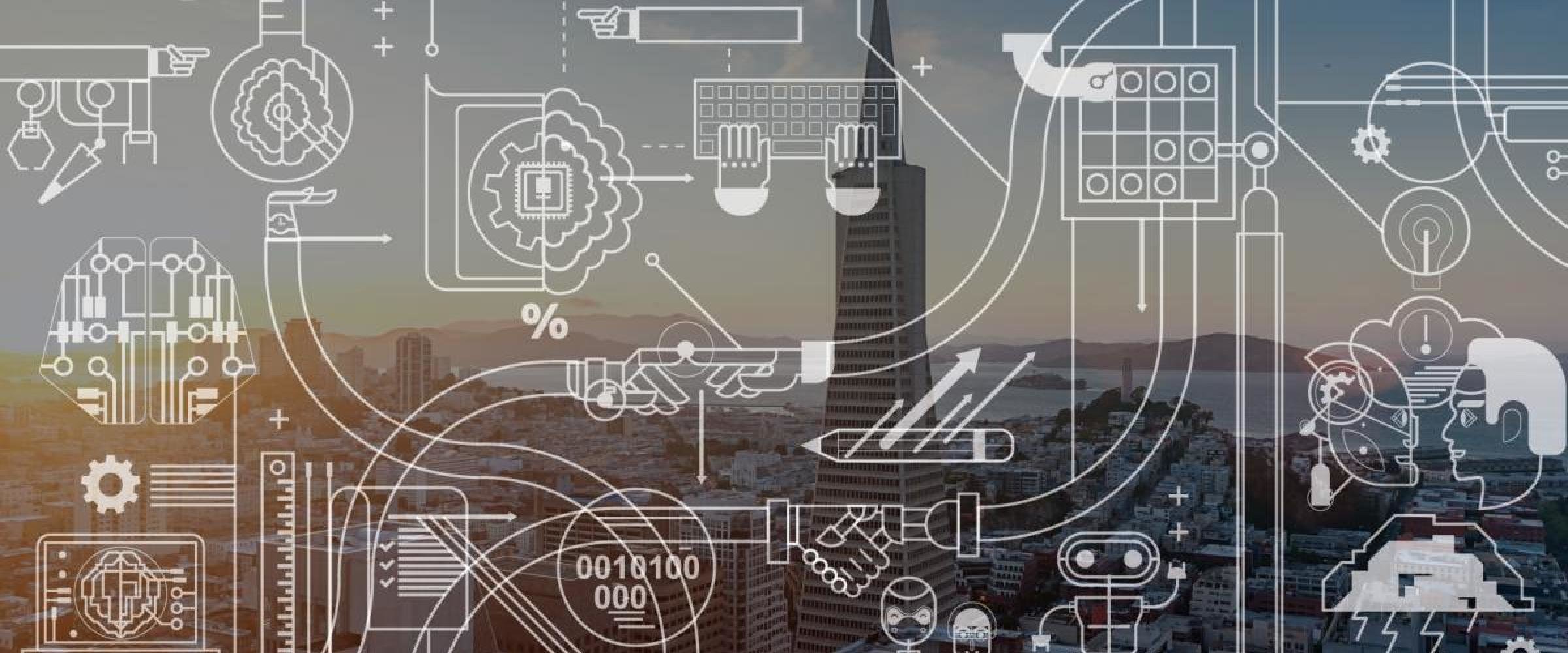
ΑΙhub.org
One Hundred Year Study on Artificial Intelligence (AI100): 2021 report released

Image from AI100 report. Reproduced under a CC BY-ND 4.0 licence.
Today, the One Hundred Year Study on Artificial Intelligence (AI100) 2021 Study Panel Report has been released.
The mission of AI100 is to launch a study every five years, over the course of a century, to better track and anticipate how artificial intelligence propagates through society, and how it shapes different aspects of our lives. The first report was published in 2016, and, like that inaugural document, the 2021 edition has been written by a team of AI experts, all with much experience in the field.
The report aims to address four audiences: the general public, industry, government, and AI researchers. It is structured as a collection of responses by the 2021 Study Panel to 12 standing questions and two workshop questions posed by the AI100 Standing Committee. You can see these questions below.
The standing questions:
- What are some examples of pictures that reflect important progress in AI and its influences?
- What are the most important advances in AI?
- Underlying technologies; language processing; computer vision and image processing; games; robotics; mobility; health; finance; recommender systems.
- What are the most inspiring open grand challenge problems?
- Turing test; RoboCup; International Math Olympiad; the AI scientist; broader challenges
- How much have we progressed in understanding the key mysteries of human intelligence?
- Collective intelligence; cognitive neuroscience; computational modelling; the state of the art.
- What are the prospects for more general artificial intelligence?
- Self-supervised learning with the transformer architecture, making deep reinforcement learning more general, common sense.
- How has public sentiment towards AI evolved, and how should we inform/educate the public?
- Primary drivers of public understanding and sentiment; improving and widening public understanding of AI: where do we go from here?
- How should governments act to ensure AI is developed and used responsibly?
- Law, policy, and regulation; AI research & development as a policy priority; cooperation and coordination on international policy; case study: lethal autonomous weapons; from principles to practice; dynamic regulation, experimentation, and testing.
- What should the roles of academia and industry be, respectively, in the development and deployment of AI technologies and the study of the impacts of AI?
- Research and innovation; research into societal and ethical issues; development and deployment; education and training; societal impact: monitoring and oversight.
- What are the most promising opportunities for AI?
- AI for augmentation; AI agents on their own.
- What are the most pressing dangers of AI?
- Techno-solutionism; dangers of adopting a statistical perspective on justice; disinformation and threat to democracy; discrimination and risk in the medical setting.
- How has AI impacted socioeconomic relationships?
- The story so far; AI and inequality; localized impact; how the pie is sliced; market power; the future.
- Does it appear “building in how we think” works as an engineering strategy in the long run?
The workshop questions:
- How are AI-driven predictions made in high-stakes public contexts, and what social, organizational, and practical considerations must policymakers consider in their implementation and governance?
- Problem formalization; integration, not deployment; diverse governance practices.
- What are the most pressing challenges and significant opportunities in the use of artificial intelligence to provide physical and emotional care to people in need?
- Autonomous systems are enhancing human-to-human care; autonomous systems should not replace human-care relationships; autonomous care technologies produce new challenges; caring AI should be led by social values, not the market.
If you are interested in hearing from some of the researchers who contributed to the report, you can join this seminar on 28 September 2021. This is a fully virtual event that will be led by Russ Altman, Peter Stone, and Michael Littman. The event will offer two broadcasts (9:00-10:00 PDT and 17:00-18:00 PDT)
How to cite the report
Michael L. Littman, Ifeoma Ajunwa, Guy Berger, Craig Boutilier, Morgan Currie, Finale Doshi-Velez, Gillian Hadfield, Michael C. Horowitz, Charles Isbell, Hiroaki Kitano, Karen Levy, Terah Lyons, Melanie Mitchell, Julie Shah, Steven Sloman, Shannon Vallor, and Toby Walsh. “Gathering Strength, Gathering Storms: The One Hundred Year Study on Artificial Intelligence (AI100) 2021 Study Panel Report.” Stanford University, Stanford, CA, September 2021. Doc: http://ai100.stanford.edu/2021-report.
Useful links
One Hundred Year Study on Artificial Intelligence (AI100) homepage
Read the report here.
Download the report (pdf) here.
The 2016 report can be found here.










